A white rosin is a solidified resin derived from pines and other plants, predominantly conifers, refined into a pale, translucent, and brittle substance. Renowned for its superior adhesive qualities and uniform hue, white rosin is a multipurpose material employed across numerous industrial sectors. Its capacity to forge a robust bond without causing discoloration renders it indispensable in the fabrication of adhesives, inks, varnishes, and sealing waxes.
Types and Applications of White Rosin
Alibaba.com's selection of white rosin varieties meets a broad spectrum of industrial requirements. Gum rosin, the crudest variant, is extensively utilized in adhesives for its inherent stickiness. Hydrogenated rosin, modified to eliminate unsaturated bonds, is prized for its augmented stability and is a mainstay in crafting food-grade adhesives. Esterified rosin, altered with alcohol, boasts improved polymer compatibility, proving essential in the production of printing inks and coatings. The water white rosin, distinguished by its exceptional color and resistance to oxidation, is the preferred option for applications demanding a transparent, uniform finish, such as cosmetic and food packaging adhesives. Each type fulfills distinct roles, from augmenting the grip of sports gear to providing a transparent, protective layer on fruits.
Structure and Composition of White Rosin
The molecular composition of white rosin consists of a complex array of organic acids, mainly derivatives of abietic acid. This configuration accounts for its brittle nature at ambient temperatures and its adhesiveness upon heating. Through refinement, white rosin's unsaturated elements are diminished, bolstering its stability and reducing susceptibility to oxidation and discoloration. Such processing is vital for uses demanding consistent and dependable performance, such as in the automotive sector where rosin-based adhesives are celebrated for their longevity and resilience to extreme conditions.
Material and Quality of White Rosin
The constituents of white rosin are chosen for their purity and uniformity. The foundational substance, pine resin, undergoes purification to extract contaminants, yielding a product that spans from light yellow to water white shades. The selected materials influence the rosin's characteristics, including its melting point, adhesive strength, and oxidation resistance. Alibaba.com's refined water white hydrogenated rosin, known for its exceptional color steadfastness, is favored in sectors where the visual aspect is paramount, such as in the crafting of transparent adhesives and fine arts materials.
Business Usages of White Rosin
White rosin plays a pivotal role in various commercial applications owing to its adhesive properties. In the realm of packaging, it is instrumental in producing pressure-sensitive tapes that ensure package integrity during shipping. In the electronics industry, rosin is a fundamental component of fluxes that aid soldering by inhibiting oxidation. The printing sector relies on white rosin for its contribution to high-gloss inks that resist smudging and fading. Moreover, in the rubber industry, rosin acts as a softening agent, enhancing the pliability and endurance of items such as tires and gaskets. These uses not only underscore the versatility of white rosin but also its contribution to improving the quality and functionality of final products, thereby boosting efficiency and consumer satisfaction across various commercial domains.
Functions of White Rosin
The principal role of white rosin is to act as an adhesive or tackifier, providing a sticky interface that enables materials to adhere under compression. Beyond its bonding capabilities, white rosin serves as a glazing agent in varnishes, imparting a lustrous sheen to items like wooden furnishings and musical instruments. In the sporting world, it improves the grip on apparatuses such as baseball bats and gymnastic rings. Additionally, white rosin is employed in soldering as a flux, crucial for forging robust, conductive connections in electronic devices.
Features of White Rosin
White rosin is characterized by its distinctive attributes, including inherent tackiness, resistance to acids, alkalis, and water, and its rapid solidification upon cooling, which establishes a durable linkage. These traits render it a compelling substitute for synthetic adhesives, especially in scenarios where environmental considerations are of the essence. Its compatibility with an extensive array of solvents and polymers also renders it a flexible option for product formulations, enabling its use in sectors ranging from construction to personal care.
Benefits of White Rosin
Employing white rosin in industrial processes offers manifold advantages. Its natural derivation implies reduced toxicity and a smaller ecological footprint compared to many synthetic adhesives. The transparent quality of premium white rosin ensures it does not compromise the aesthetics of the materials it is applied to, which is crucial for products such as clear packaging tapes and varnishes. Its resistance to oxidation extends the shelf life of products containing white rosin, curtailing waste and economizing costs for producers.
How to Choose the Right White Rosin
Selecting the appropriate white rosin necessitates an understanding of the specific demands of the application. Factors to consider include the requisite adhesive potency, resilience to environmental influences like heat and moisture, and the end product's exposure to light. For instance, a high-caliber water white rosin would be optimal for scenarios where a transparent, non-yellowing adhesive is crucial, such as in the manufacture of see-through labels or in fine arts. Evaluating these elements ensures the chosen rosin aligns with the performance and aesthetic criteria of the final product.
How does white rosin compare to other adhesives?
White rosin sets itself apart from other adhesives with its natural makeup, biodegradability, and flexibility. Its equilibrium of stickiness and bonding strength can be customized to particular requirements, positioning it as a malleable choice for manufacturers. This flexibility, coupled with its ecological advantages, places white rosin as a favored selection for enterprises aiming to fulfill sustainability objectives without sacrificing product efficacy.
What are the storage and handling requirements for white rosin?
To preserve the integrity of white rosin, it must be kept in a regulated setting. Storing it in a cool, dry location away from direct sunlight is ideal to avert the rosin from becoming overly brittle or liquefying. When handling, it is crucial to minimize contact with contaminants that could compromise its adhesive qualities. Adhering to these protocols ensures the rosin maintains its excellence from storage to application.
Is white rosin suitable for my industry?
White rosin boasts extensive applicability across various sectors. Its amenability to other substances and the possibility of refining it to conform to specific industry benchmarks render it a flexible option for manufacturers. To ascertain its appropriateness for your industry, consider the technical specifications your products demand and the quality standards they must uphold. The adaptability of white rosin often renders it an exemplary choice for a multitude of uses, from industrial adhesives to fine arts.

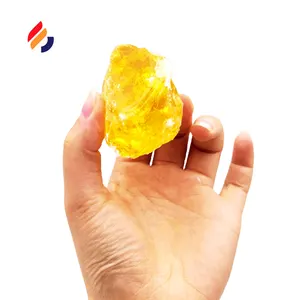

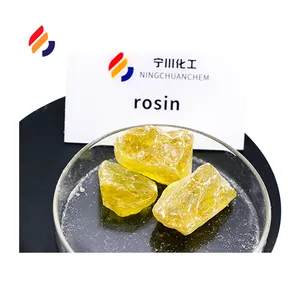

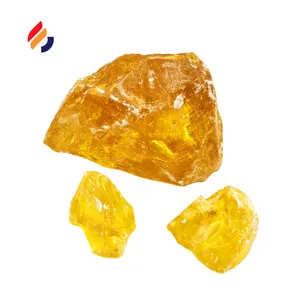





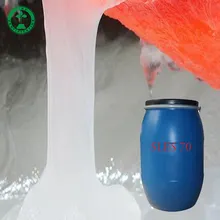
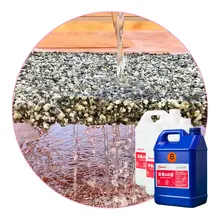

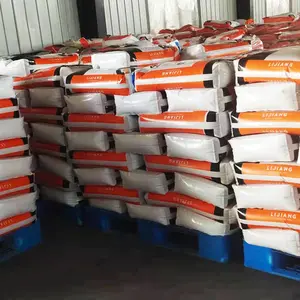
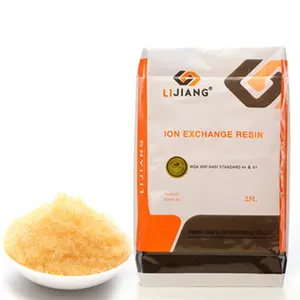

























 浙公网安备 33010002000092号
浙公网安备 33010002000092号 浙B2-20120091-4
浙B2-20120091-4